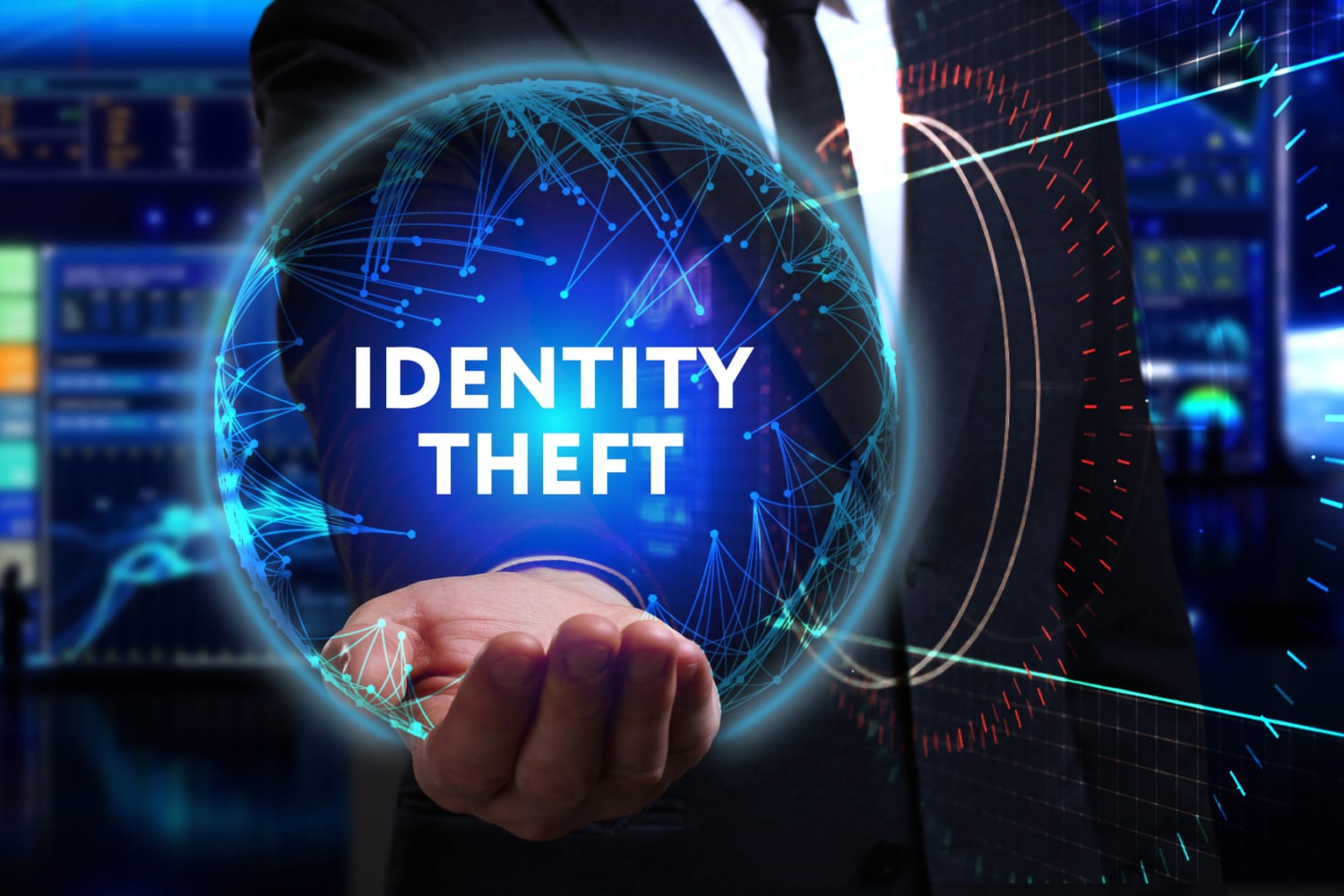10 Types of Identity Theft You Should Know

“Risk Management” is a term often associated with businesses trying to reduce their exposure to certain negative factors that might impact their business. When it comes to individuals, risk management is also very important, especially now when the information age is in full swing and “personally identifiable information” is so valuable to ethical and unethical people and businesses.
An individual needs to at least be aware of the various types of Identity Theft that run rampant in today’s society. Some are logical and others are not so intuitive. Keep the following list in your mind whenever you are providing information about yourself!
10 Types of Identity Theft Definition
- Casual Theft: An innocent clerk requests an important piece of your personally identifiable information because it is on a badly constructed/old form. This can look like an innocent act but there may be a bad player behind the scenes.
- Criminal Identity Theft: An unethical person using another person’s identity when being investigated, ticketed, arrested, arraigned or prosecuted.
- Existing Account Fraud: The act of stealing information about an existing consumer account and using that data to make transactions or inappropriately access the accounts’ funds
- Synthetic Identity Theft: The act of combining stolen information and financial information to create a new false identity. Like sending your tax refund to the thief’s address.
- Nonfinancial identity theft. Using the victim’s information to obtain health benefits, receive a service, or commit another fraud. Layers of fraud help to obscure the real fraudster behind other people’s identities.
- New Account Theft: The act of assuming a person’s transactional identity, opening accounts in the other person’s name, and representing oneself as the other person.
- Medical Identity Theft: The act of using a victim’s information to obtain health care or to make false claims for care that was received. A likely effect can be depleted insurance benefits. This form of identity theft can place inaccurate information in a victim’s medical records, which can endanger the victim’s life with downstream use of incorrect drugs or injections.
- Government Fraud: This identity theft relates to the internal Revenue Service, Department of Motor Vehicles, Social security Administration or other government entity or assistance programs, where a fraudster files erroneous claims and information, which can be very difficult to correct.
- Immigration Fraud: This is the use of fraudulent or stolen passports and Social Security numbers by illegal immigrants to quality for most positions.
- Terrorism: This includes the impersonation by terrorists to obtain transportation or admission to sensitive facilities or to finance acts of Terrorism.
5 Fraud Delivery Scams Alert
- US Postal Service/FedEx/UPS: Be very careful about the postage you receive. More and more thieves are sending fraudulent mail that mirrors the real thing and seeks to prompt one to provide personally identifiable information.
- Internet:This is the most common delivery system today. It is so common that its various forms have names:
- Malware: Your key-stokes are logged and can be reproduced
- Pharming: You are sent to a website that appears legitimate but is really just a vehicle for collecting your data.
- Phishing: Stealing information by sending emails which appear to be valid and send one to a Pharming website.
- War-driving: This is drive by access to your in home network, from outside the house.
- Telephone/Fax: Telephones also have their own kind of risky Identity Theft:
- Smishing: The victim receives a text warning about an account that has been locked, and prompting immediate login.
- Pretexting: The victim is called by a fraudster posing as a real company and seeking information.
- Government Notices: Receiving notices in many forms that appear to be from a government entity. The fear of not responding causes the recipient to make foolish choices with their data.
- Innocent Delivery: School Booster Clubs, raffles, and Charity donations can be a source of innocent information to the fraudster. In the spirit of Charity or helping the local football team, your credit card becomes visible to the wrong people.
Keeps Your Eyes Open – Identity Theft Protection
Be cautious when anyone or any service seeks to get information from you that only you would know, such as:
- Social Security Number
- Addresses
- Place of Birth
- Eye Color
- Bank Account Numbers
- Credit Card Numbers
- Date of Birth
- Parent Names
- Pet Names
- Drives License Numbers
- Email Addresses.
As thieves evolve and become more creative in their attempts to acquire your personal information, you must as well. EINSURANCE can help you do so, so you can rest assured your Identity is protected!

 EINSURANCE
EINSURANCE EINSURANCE
EINSURANCE EINSURANCE
EINSURANCE